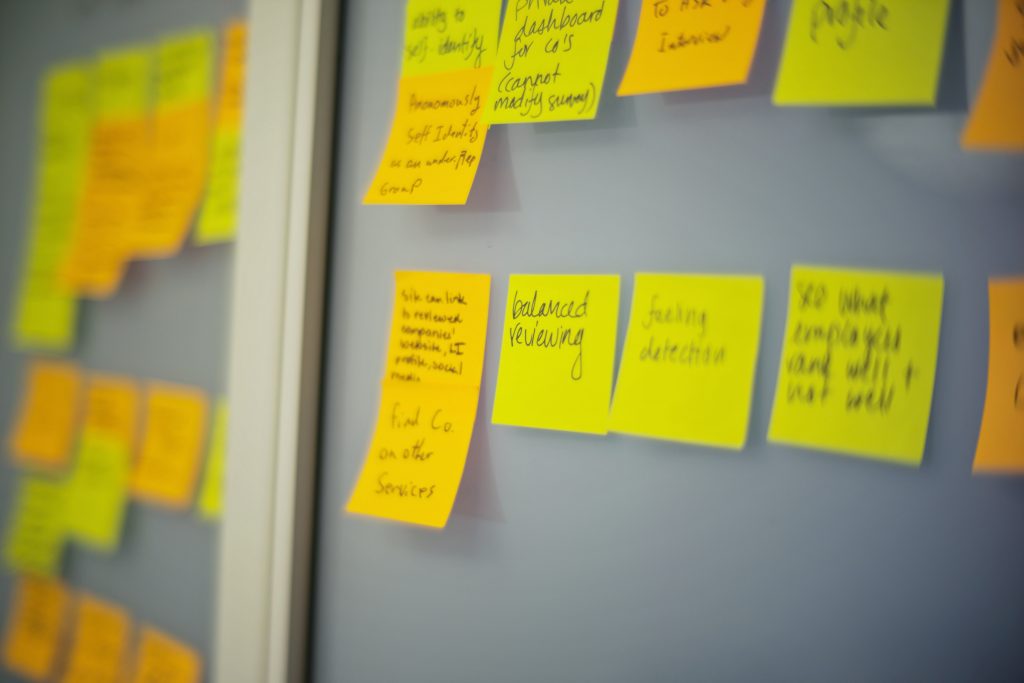In the words of the great philosophers, The Rolling Stones, you can’t always get what you want…but often what you WANT and what you actually LIKE and will lead to living a purposeful life are two very different things. Our brains can often fool us right into serious dissatisfaction but in this post, I’ll explain how not always getting what you want, means you often end up with exactly what you need (and probably actually really wanted all along).
As a stress physiologist and evolutionary biologist, I love exploring the complicated often paradoxical world of our brain and how we make decisions. If you’re anything like me, you go to bed with great intentions of springing up with your first alarm and crushing your workout for the day. You believe this because you know from experience how good it feels when you do it. But when that alarm clock sounds. UGH. Snooze time. It can feel impossible to drag yourself out of bed when the sheets feel so soft, you’re snuggled in so warm and comfy, and isn’t sleep really good for you? Yeah…Yeah, that’s it..just a few more minutes. An hour later, you’ve missed your opportunity to workout and are rushing around just trying to make sure you aren’t late for work.
Why when we KNOW we’ll feel good after doing something, is it still so hard to get the motivation to actually get up out of bed and DO IT. Maybe that thing is exercise, like it is for me…maybe it’s that big work project or your next degree or certification that will earn you a new promotion. What’s the thing you avoid doing but when you DO manage to accomplish it, you’re flooded with positive feelings? Let me know in the comments below.
What we’re all talking about here is something scientists call Type 2 fun. We know we WANT it, but the experience itself feels like it won’t be so much fun (and to be honest, it often isn’t). The fun is the high we get when we do it. When we look back at it, and reminisce, the whole thing feels MUCH better. As it turns out, Type 2 fun is actually the kind of fun that leads to a life that is far more satisfying and purpose-driven. In other words, the kind of fun we ACTUALLY WANT to crave but our dumb easy dopamine hits hungry brain doesn’t help us to achieve it. Our brain is much happier (initially) to take the easy dopamine hit (snooze button) than work towards the more life-satisfying task. Likely because our brains aren’t built to make us happy. They are built to help us survive, and frankly, most of our ancestors shouldn’t have delayed those dopamine hits – because with the life expectancies of our predecessors, you had to take the fun where you could get it. These simple pleasures (the taste of chocolate, sleeping in, good sex) are all called Type 1 fun. Your brain isn’t going to give you any argument about engaging in these activities, but they don’t actually add up to a life that feels rich with meaning and purpose.
So how do we convince our immediate pleasure-seeking brains that actually what we NEED isn’t what we think we WANT?
One suggestion given by happiness researcher Laurie Santos is to refocus on the way you’re going to feel just as you’re finishing that difficult task. The feeling of finishing the book chapter you’re writing. Summiting the mountain. Crossing the finish line after that last mile. And what about all the negative consequences that come from what your brain is telling you you actually want? Time to focus on those as well! How lousy you feel when you eat too much chocolate, or you binge watch that program and sacrifice your sleep. By emphasizing the good feeling at the end of those Type 2 types of fun, and reminding your brain of the lousy feeling we often get after indulging too much in type one fun activities we can push the needle just a little more in the direction of what will truly bring us a lifetime of satisfaction.








